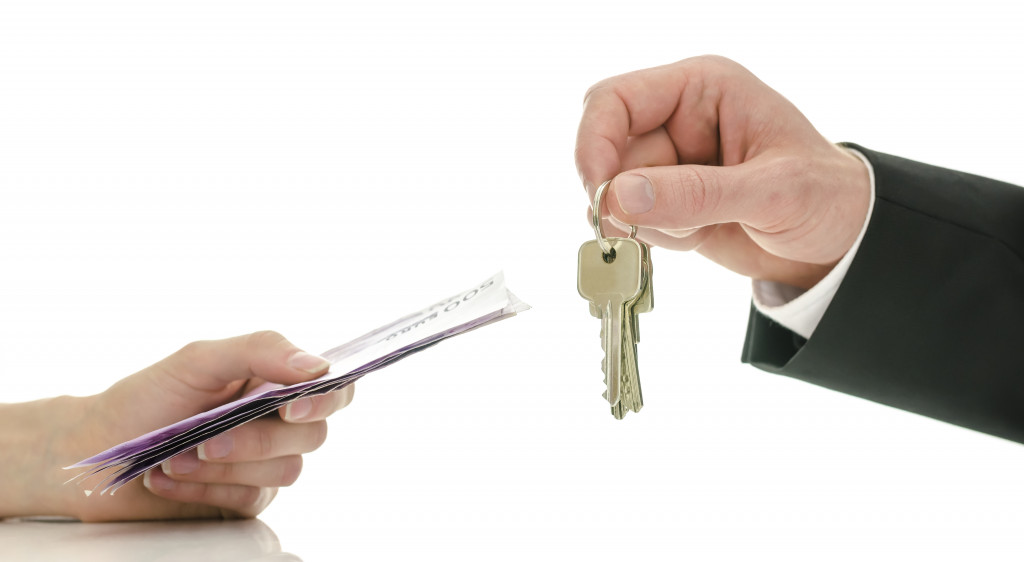There’s nothing quite as exciting as finally being able to purchase your own home, one that’s truly yours, and yours for years to come. It’s a serious financial achievement (and commitment!) to own a house. However, through all the excitement, you need to remember the responsibilities ahead and avoid mistakes that can cost you a lot.
Having a plan of action to maintain your house, keep costs down, and maximize your tax refund is a start in ensuring a pleasant living experience. Doing so will erase your worries, and even help you save time and money. Below are some practical steps you can follow.
Look at Your Budget
Now that you own a house, it’s best to work out your budget to maximize what amount you have and improve what can be improved. Going over your finances will tell you whether you need to refinance your mortgage, drop unnecessary subscriptions, or go for lower voltage appliances to offset utility costs. Cost-cutting, or at least managing expenses, is a critical step to make sure you’re always on top of payments.
Being aware of what you need to pay and how it fits your budget will help you make better financial decisions, something that’s highly important after buying your first house.
Renovate Slowly
You may feel excited and enthusiastic about finally being able to make your changes and renovations, but remember to approach it responsibly. You’ve just spent a large sum on payments, and you don’t want to hurt your credit more by unloading more expenses just for renovations. Some people are often so intent on creating the house of their dreams that they go over their budget and have trouble paying their debts.
Instead of doing everything in one go, begin your renovations slowly. Create a list of priorities, and slowly put money on it every month. It might take a year or so to complete all the renovations that you want or need, but that’s better than being in debt on top of having to meet mortgage payments.

Get Professional Help
DIY is popular and is a feasible way to make upgrades and changes, but unless you know what you’re doing, then it’s best to hire a professional instead. Since your home is a significant investment, you don’t want to ruin or jeopardize it by doing substandard work. It’s absolutely fine to do minor changes like repainting the wall or moving furniture around.
However once technical changes enter the picture (like bolting things to the wall or rewiring electricity), always hire a contractor. It’s not just about maintaining your property, but also a matter of safety as well. Again, it’s not a matter of never doing DIY, it’s simply a matter of knowing which ones you can and which ones you cannot.
Hire an Accountant for Your Taxes
Buying a house may be a part of everyone’s dreams, but the reality of it is far from dream-like. And that’s why making sure that every requirement is met, to make sure that living in it is a pleasant experience. Another thing first-time or new homeowners need to remember is to pay the necessary taxes. Hiring an accountant to help you with your tax returns might sound like an extra expense, it’s one that’s very helpful and will ultimately benefit you.
An accountant can ensure that your taxes are filed correctly and even assist you in maximizing your tax refund. And because homeownership affects your tax situation, there are many deductions that professionals can help you claim.
Don’t Forget to Get Insurance
It’s hard to guarantee that everything will go swimmingly, and being prepared for whatever may happen is vital. Insurance can definitely help with that, as you want to have financial aid should anything happen. You might already have home insurance baked into the contract of your property, but it also helps to get other forms of insurance on top of it.
For one, life insurance for you and your family can help a lot. Make sure to include them in your life insurance as a beneficiary, and don’t forget to specify that the property goes to them in case of your death.
Owning a house can provide great freedom and a feeling of control, but remember that it also has associated responsibilities. It helps to make sure that your finances are in good condition to maintain your property and to cover your family’s needs as well. Never allow the excitement of being a homeowner to cloud your judgment. Always make well-thought-out decisions, and you’ll have a house to last a lifetime.

